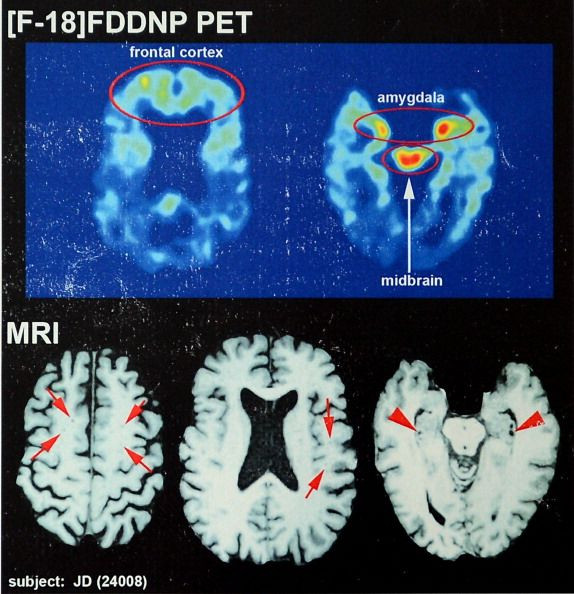Warren Sapp Plans To Donate Brain To Science: How Hard Is The Process?

Warren Sapp, former American football defensive tackle and Hall of Famer, announced his plans to donate his brain to science on The Players’ Tribune Tuesday.
Sapp said he is donating his brain to the Concussion Legacy Foundation to aid in Chronic Traumatic Encephalopathy (CTE) research. CTE, a degenerative brain condition most commonly found in athletes who have been subject to brain trauma, has affected over 90 percent of NFL players, according to neuropathologist Bennet Omalu.
Read: Aaron Hernandez Suicide Update: Brain Will Be Donated To CTE Research Center
Sapp played in the National Football League for over 20 years and said he has noticed some oddities within himself. Last month, Nick Buoniconti, a member of the Professional Football Hall of Fame, revealed he has been suffering from CTE. In the past few years, Buoniconti has had trouble doing simple things such as putting on a shirt and tying a tie. Symptoms of CTE are similar to symptoms of Alzheimer’s disease, such as dementia, memory loss, mood swings, aggression and depression.

After Buoconti’s revelation, Sapp realized he had to take a stand.
“I’ve also started to feel the effects of the hits that I took in my career. My memory ain’t what it used to be,” he said. “So when it comes to concussions, CTE and how we can make our game safer for future generations, I wanted to put my two cents in — to help leave the game better off than it was when I started playing.”
CTE, like many other brain diseases, can only be diagnosed by studying the human brain after death
In 2008, the Concussion Legacy Foundation formed the VA-BU-CLF Brain Bank by partnering with Boston University and the Veterans Administration. When it opened, the VA-BU-CLF Brain Bank was the only organization studying CTE. Scientists studied the brains of 95 former NFL players and found CTE in 91 of them. In February 2016, the New York Times compiled a list of “some of the most notable cases” of CTE among NFL players.
So how easy is it to donate your brain to science?
The process is actually pretty simple. All donors must be over 18 years of age and each organization has specific requirements that must be met before donors can hand over their brains. There are several legitimate organizations to which you can donate your brain for postmortem research.
One of them is the Concussion Legacy Foundation. In order to donate your brain to the VA-BU-CLF bank, a form must be filled out on their website to receive a personalized brain donor card.
Another organization to which you can donate your brain is the NIH NeuroBioBank. To donate your brain to this organization, you need to complete a consent form stating you are donating your brain to research.
Read: Concussions In Football: How A New Blood Test Could Change The NFL, CTE Fight
Both organizations stated the importance of donating one’s brain to research to help researchers learn more about neurological diseases and how to combat them, a message that Warren Sapp took to heart when he decided to donate his brain.
“You can’t stand on the sidelines if you want to affect something,” he said. “You gotta make a move. You gotta do something. So that’s what I’m going to.”
© Copyright IBTimes 2025. All rights reserved.





















